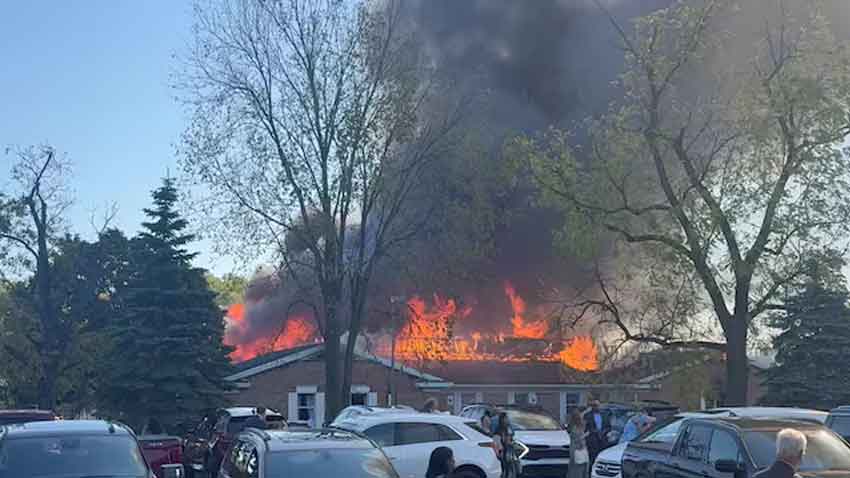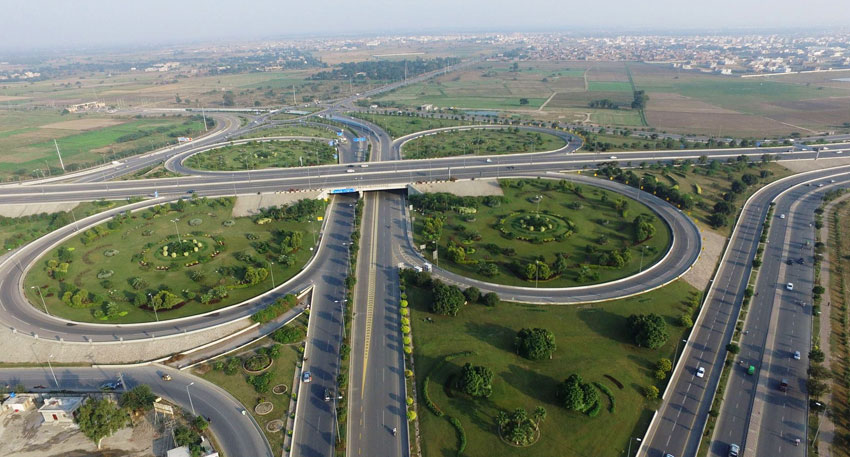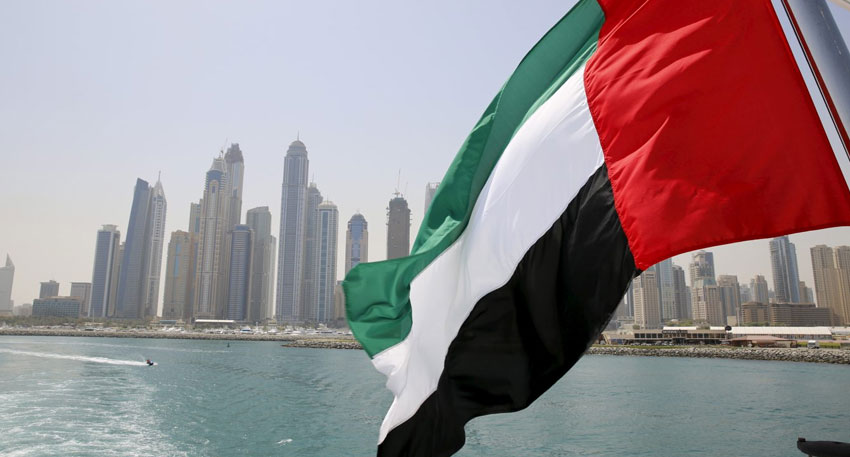
At least four people were killed before the attacker died in a shootout with police. Hundreds of worshippers were inside the Church of Jesus Christ of the Latter-day Saints in Grand Blanc when chaos broke out. Two victims were shot, while two other bodies were later discovered in the burned remains of the church, which officials said was deliberately set ablaze.
Authorities warned that several people were still missing and more bodies might be found as investigators combed through the destroyed building. At least eight others were reported injured in the assault.
Police identified the attacker as Thomas Jacob Sanford, a 40-year-old from Burton. Records confirmed that he was an Iraq War veteran who served in the U.S. Marine Corps from 2004 to 2008.
Officials have not yet revealed a motive for the rampage. Investigators are searching Sanford’s home and phone for clues. Grand Blanc Township, home to nearly 40,000 residents, is located about 60 miles northwest of Detroit.
This attack highlights how sudden violence can shatter even the safest places of worship. The involvement of a former Marine raises difficult questions about mental health, post-war trauma, and gun violence in the U.S. With investigations still underway, the tragedy leaves behind fear, grief, and a desperate search for answers.
White House press secretary Karoline Leavitt told Fox News "Fox and Friends" program that she spoke with FBI Director Kash Patel on Monday about the attack.
"All they know right now is this was an individual who hated people of the Mormon faith, and they are trying to understand more about this, how premeditated it was, how much planning went into it, whether he left a note," she said, using a common term for the church. "All of those questions have yet to be answered."
Leavitt said the shooter s family was cooperating with the FBI.
"My heart is breaking for the Grand Blanc community," Michigan Governor Gretchen Whitmer said in a statement.
Read more: Washington urges dialogue, repeats mediation offer on Kashmir Issue
President Donald Trump said on social media that the shooting "appears to be yet another targeted attack on Christians."
"THIS EPIDEMIC OF VIOLENCE IN OUR COUNTRY MUST END, IMMEDIATELY!" he added.
The Michigan violence came a month after a gunman fired through the stained-glass windows of a Catholic church in Minneapolis, killing two children and wounding 17 other people.
Sunday s rampage marked the 324th mass shooting in the U.S. in 2025, according to the Gun Violence Archive, which tracks shootings in which four or more people are shot or killed, not including the shooter.
Coincidentally, another 40-year-old Marine veteran who served in Iraq is a suspect in a North Carolina shooting that killed three people and wounded five others less than 14 hours before the Michigan incident.
Police in Southport, North Carolina, accused Nigel Max Edge of firing on a waterfront bar from a boat on Saturday night. Edge has been charged with three counts of first-degree murder and five counts of attempted murder, police said.
A federal lawsuit that Edge had filed against the U.S. government and others described him as a decorated Marine who suffered severe wounds, including traumatic brain injury, in Iraq. The lawsuit, which was dismissed, showed Edge was previously known as Sean William DeBevoise before changing his name.
The Church of Jesus Christ of Latter-day Saints, based in Utah, follows the teachings of Jesus but also the prophecies of Joseph Smith, a 19th-century American. It is informally known as the Mormon Church, a term that its leadership discourages.
"Places of worship are meant to be sanctuaries of peacemaking, prayer and connection," Doug Andersen, a church spokesman, said in a statement. "We pray for peace and healing for all involved."




